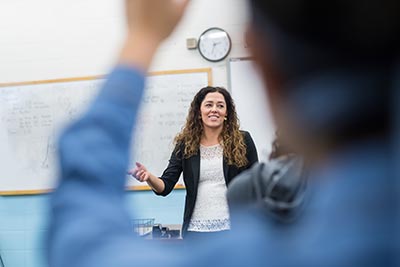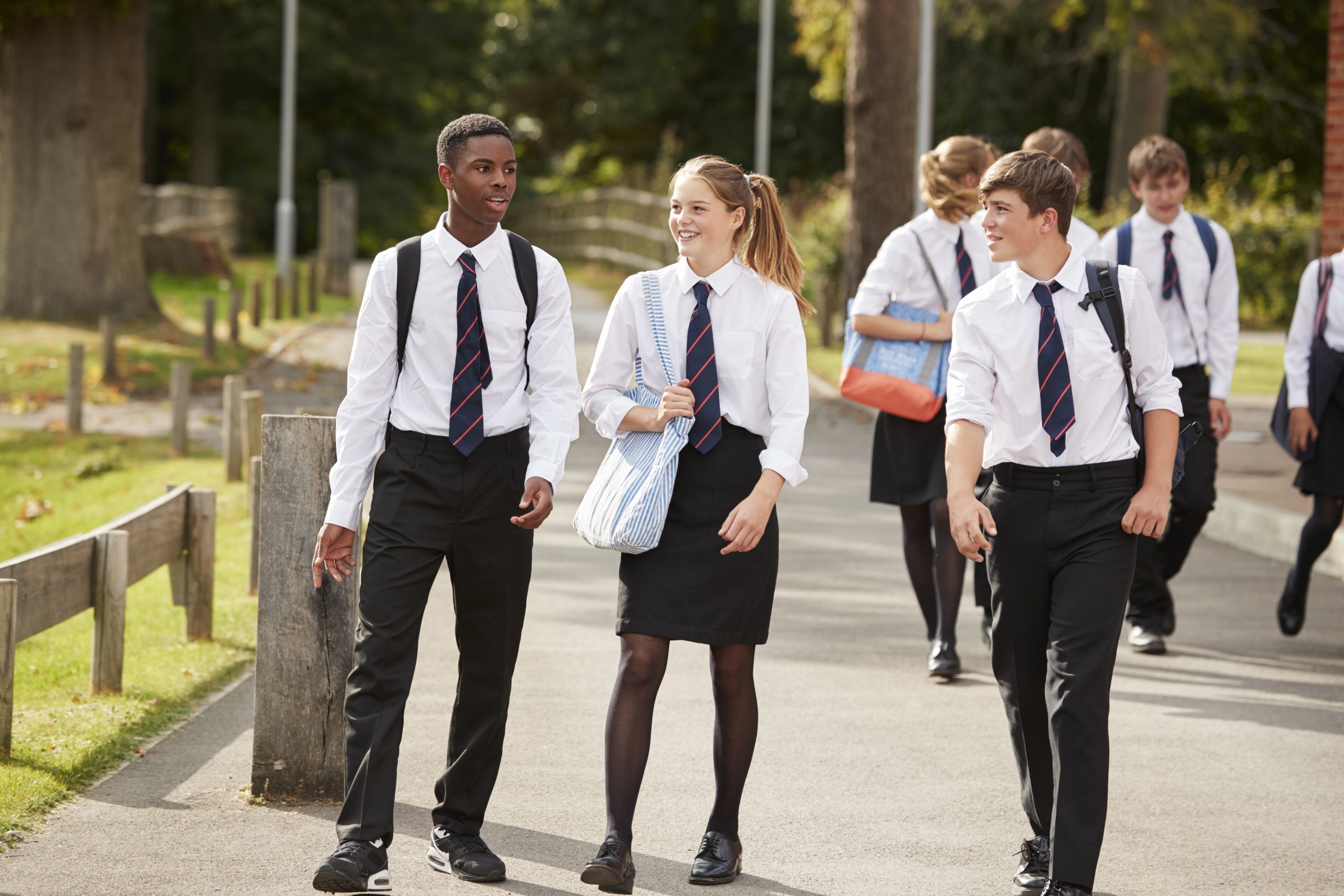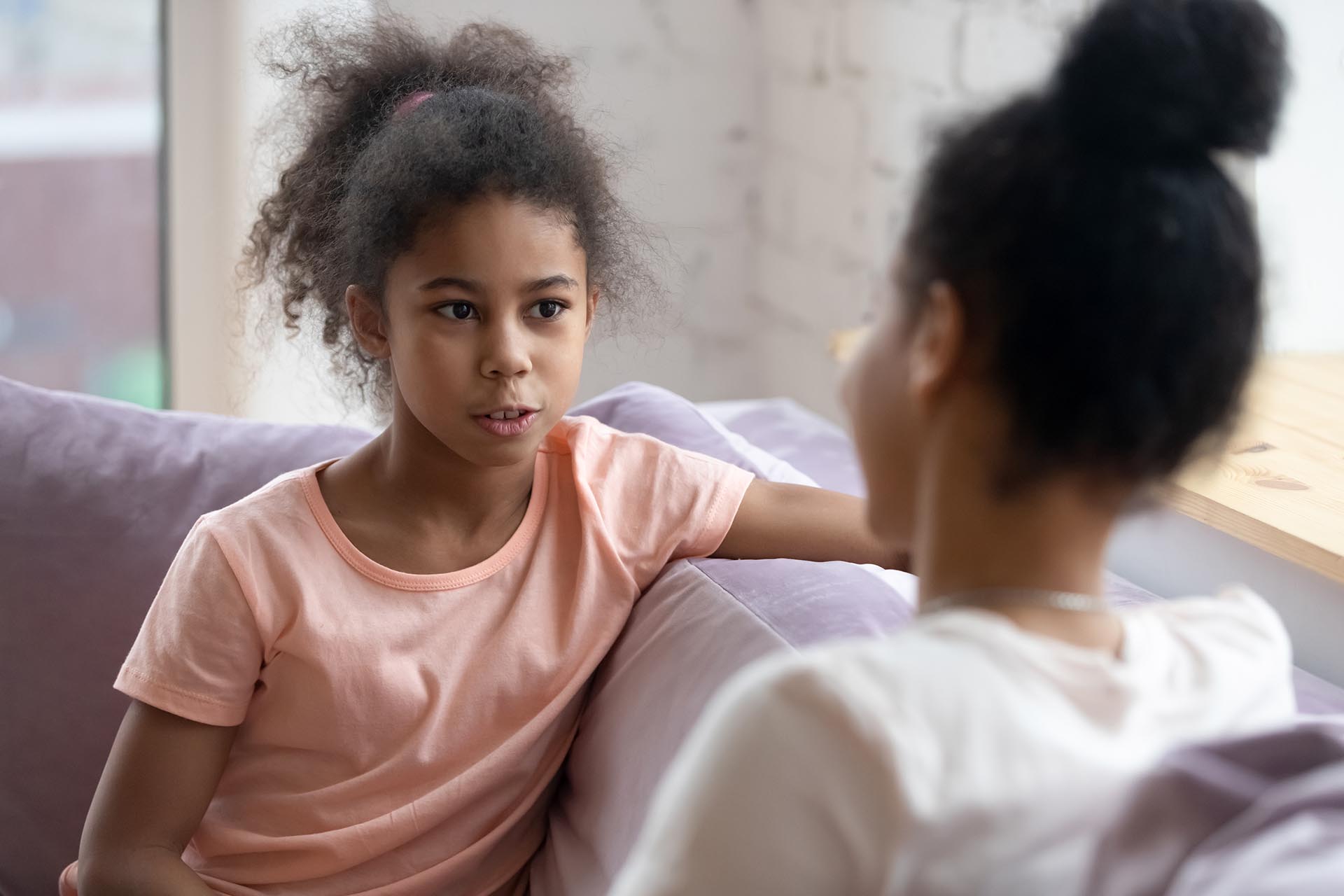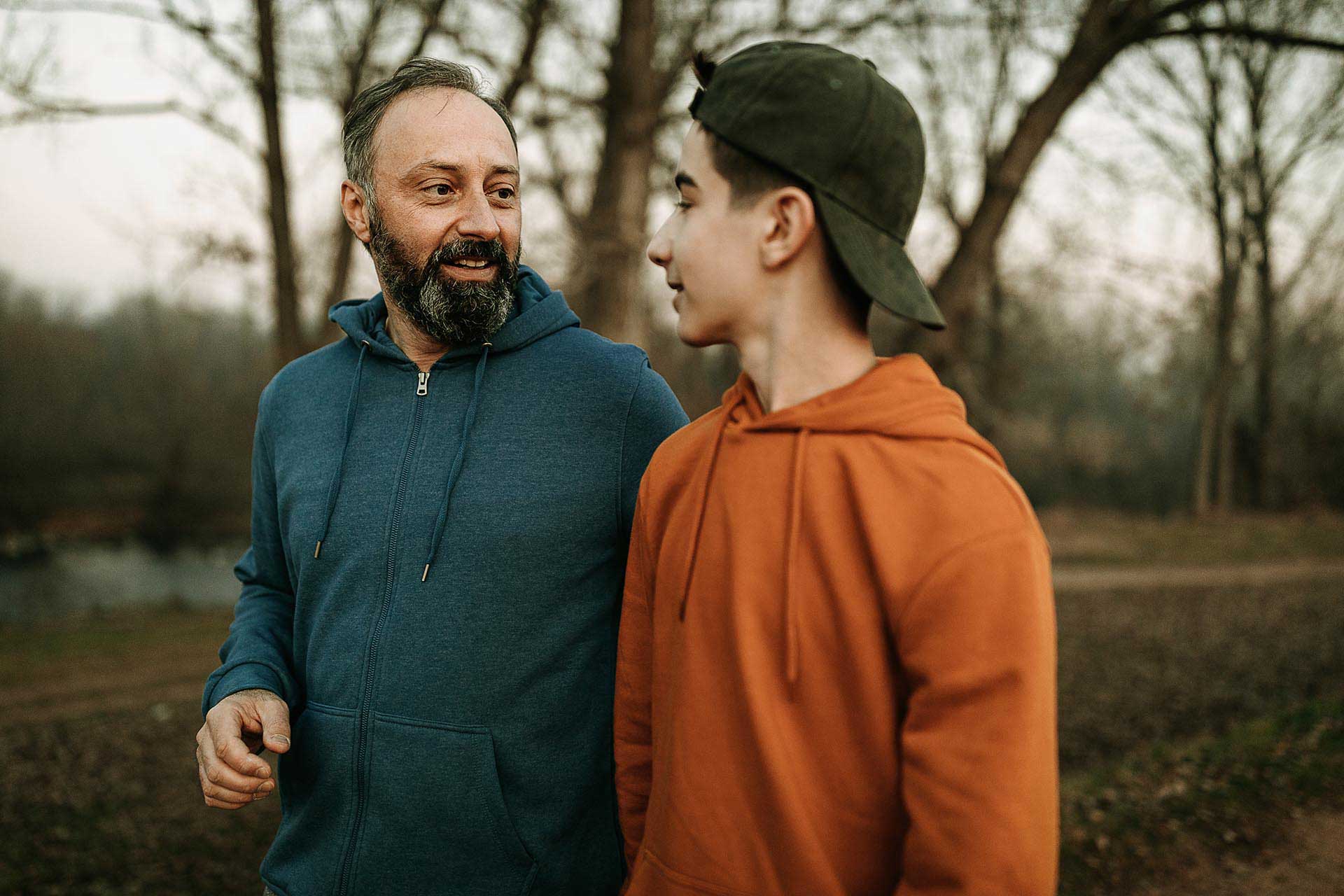Social media use over the holidays: talking to your teen or child
With the school year over and the long summer break ahead, kids and teens will likely be spending more time online. Whether they’re sharing their holiday snaps on BeReal, recreating the latest TikTok trend or messaging their friends or ‘mutuals’ (friends of friends) on Snapchat or Instagram, it makes sense that young people are prioritising staying connected to friends and broader communities… even if it looks pretty different from when we were kids. Supporting our children and teens to navigate being online in a way that prioritises their mental and physical safety and supports healthy relationships—both online and offline—can look like this:
- agreed-upon internet safety rules
- open communication about internet and device use
- understanding their need to connect with peers online
- validating their ‘virtual’ friendships (as long as they are taking safety precautions)
- having an understanding of the apps and sites your child is using (or likely to start using)
- communication about how ‘being online’ is making them feel—social media use should be adding to their lives and making them feel good; if scrolling is becoming compulsive (let’s be honest, even adults struggle to disengage sometimes) they might need set time away from devices
And while we should be managing overall screen time—we talk about this and the idea of a ‘Summer Screen Contract’ in our latest podcast episode—helping your young person to cultivate digital literacy means the time they do spend online can be positive and productive, but most importantly, safe!
Friendship: virtual dynamics
While social media can be an important tool for maintaining, or even building on, ‘real-life’ friendships, the lack of tone in text-based media means that comments and even emoticons can be interpreted in the wrong way and put pressure on relationships. While some internet users have started using tone indicators on social media, there will always be ambiguity in online communications, and your child will need to use digital literacy and critical thinking to navigate friendships on social media. You can support your young person in building these skills by:
- having an open conversation about the qualities of a good friend and the value of true friendship
- helping them understand that they shouldn’t say anything online they wouldn’t say in a face-to-face situation, and how a lack of ‘tone’ might change how messages are perceived
- encouraging them to understand that bullying behaviour isn’t just being openly mean to someone, but also includes sharing hurtful comments, photos or videos that someone else has sent to them (or even liking them)
- maintaining open communication about the conversations they’re having online and helping them to recognise signs that they might be getting bullied
- keeping an eye on how your child is acting with internet use; being stressed or nervous when using social media could be a sign they are having friendship issues or being bullied
Your child’s social life might extend beyond the friends they know in ‘real life’; social media and the internet give them the opportunity to make connections with people who live all around the world. Encouraging your young person to explore new facets of their personality or interests with online friends while helping them to prioritise safety can look like:
- showing interest in their ‘online life’ while keeping an open discussion about the risks of interacting with people they haven’t met face-to-face
- teaching them to recognise suspicious signs that somebody might not be who they say they are
- making sure they know not give personal information to anyone they don’t know and developing an agreement of what ‘personal information’ is
Online relationships
While dating looks pretty different from when we were teens, it’s important that when they’re of an appropriate age, we do not make our teen feel uncomfortable about their desire for romantic or sexual connectons, and instead keep an ongoing conversation about the risks of online relationships, including:
- that imagery or messages they have sent in confidence can be shared without their consent
- the possibility of interacting with fake profiles run by people with intent to harm
Building your child’s digital literacy means educating them about the risks of sharing sexual images or videos with people online. These images will stay ‘online’ forever, and may be sent to more people than who they intended.
Mitigating the risks of being online
Keeping communication can help support your young person in navigating potential risks like viewing inappropriate content or becoming a victim of scams or abuse.
Supporting your child’s safety online means:
- keeping on top of the privacy settings and password access of the devices your child is using
- having age-appropriate conversations about what porn is and why it is not suitable for children, including making sure your child knows to speak to you if they see anything inappropriate online (read our blog post on how pornography changes the brain, and why teens need to know about this here)
- staying educated on emerging risks, such as ‘sextortion’, a form of online online blackmail (the ACCCE has created a new sextortion help page to help identify this crime and how to report it)
Young people going through puberty and older teens often use the internet and social media as a tool to experiment with their identity and cultivate a sense of self. It can be exciting to watch your child’s personality and interests emerge; keeping open communication that supports them in developing digital literacy means they are more likely to have a positive, safe experience online.
Looking for a little more support in navigating cybersafety? Shortly after the upcoming the 2023 Safer Internet Day on February 7, we’re going to be hosting a special version of our online webinar, ‘Talk to me first’ focused on how to speak to your child about porn. We’ll be launching the details early next year.
Further reading
- Think u Know offer age appropriate resources for parents to help keep children safe online
- report abuse, suspected abuse or inappropriate online communication to the Australian Centre to Counter Child Exploitation
- view the eSafety Commissioner’s parent guide to online relationships here











